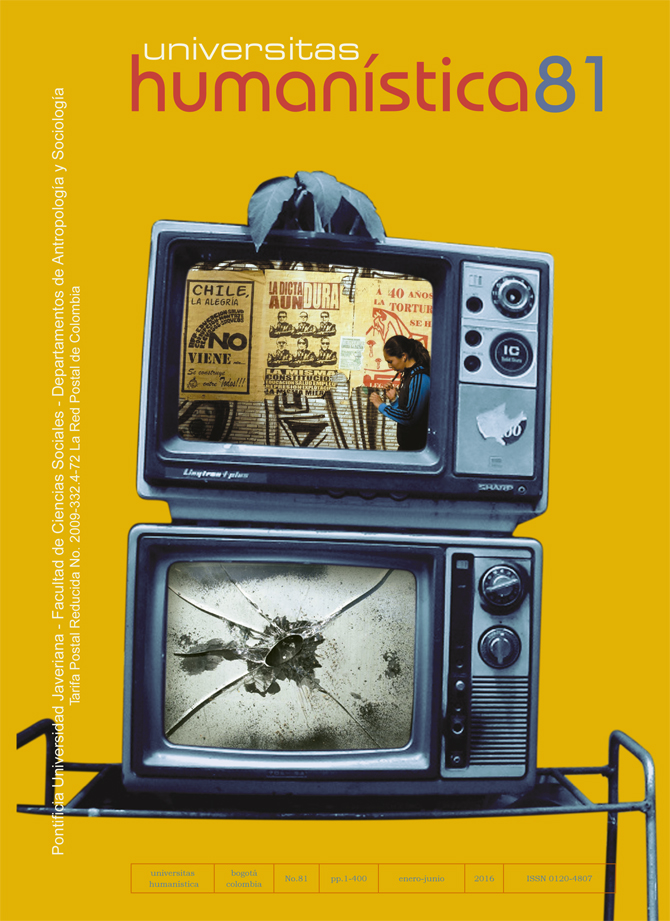Abstract
This article deals with the issue of inclusion and exclusion of actors in the development and maintenance of new and existing technologies. I will perform a situational analysis for two reasons. First, I will show that it is appropriate to select as the object of study a situation where two arenas meet: the arena of urban transportation and the arena of accessibility. Rather than being defined by technologies and knowledges, these arenas are defined by concerns: the first one on how best to provide mobility for citizens; the other one on how best to provide accessibility to people with disability. Technologies and knowledges in use will make sense in the set of relations that compose the arenas and their interactions. In this particular analysis I will focus on the attempts of certain actors to make the Transmilenio system accessible to persons with disability.

This journal provides immediate open access to its content on the principle that making research freely available to the public, encourages greater global exchange of knowledge.
The journal Universitas Humanística is registered under a Creative Commons Attribution 4.0 International Public License. Thus, this work may be reproduced, distributed, and publicly shared in digital format, as long as the names of the authors and Pontificia Universidad Javeriana are acknowledged. Others are allowed to quote, adapt, transform, auto-archive, republish, and create based on this material, for any purpose (even commercial ones), provided the authorship is duly acknowledged, a link to the original work is provided, and it is specified if changes have been made. Pontificia Universidad Javeriana does not hold the rights of published works and the authors are solely responsible for the contents of their works; they keep the moral, intellectual, privacy, and publicity rights.
Approving the intervention of the work (review, copy-editing, translation, layout) and the following outreach, are granted through an use license and not through an assignment of rights. This means the journal and Pontificia Universidad Javeriana cannot be held responsible for any ethical malpractice by the authors. As a consequence of the protection granted by the use license, the journal is not required to publish recantations or modify information already published, unless the errata stems from the editorial management process. Publishing contents in this journal does not generate royalties for contributors.


